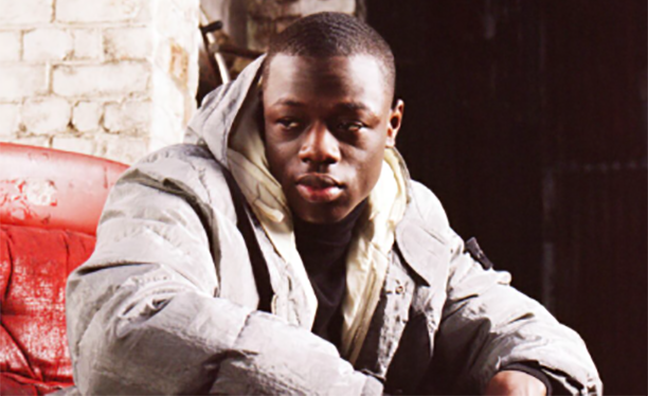Black Butter Records president Joe Gossa took to J Hus as soon as DJ Semtex, director of artist development at Sony, played him the music.
As part of this week’s cover interview with the East London rapper and his team, Gossa unpicks the story from the label’s side. Here, he digs into the nuts and bolts of a campaign that has been riding a wave of love and encouragement from throughout the UK scene since its very beginning.
And, of course, Gossa says, he knew Did You See would be huge…
How did Black Butter’s relationship with J Hus develop?
Semtex played me Hus and it just felt like something new and when we met with the managers and Hus, they got that we were there to support them and didn’t want to change anything. We just wanted Hus. We wanted his vision at its best. It’s very important when you’re getting something from a certain place or a certain world that it stays what it is, that it reaches its pinnacle and its best, but that it stays true to what it is. The album wasn’t compromised one bit – it is 100% a J Hus album, every single song on there, the features… We didn’t try to get pop features and that’s the beauty of this album. It has crossed over, it’s just him and JAE5, where they’re from, completely. That’s what makes this sweeter for us.
What did you think when the deal was done, regarding how much potential Hus had?
We’re all in the music business, we have big successful artists, we have all levels of artists, but this was one of those when you have someone special that’s completely relevant and innovative and a part of something that’s just exciting. He’s one of those artists where you think, he might not sell loads, but there’s just going to be traffic, it’s going to be of the moment and that’s what I got with Hus. Luckily, it’s doing really well, and so if someone is culturally relevant, innovative, of the moment and you’re having hits as well… I mean, that’s game over.
What was the marketing approach, how have you put J Hus in front of people?
To be real with you, it is actually the scene itself. It has come to the place where we believe we’re in the golden age of UK hip-hop, rap, grime, whatever you want to call it, right now. The fanbase is undeniable across the country: rich, poor, black, white, wherever you’re from, it doesn’t matter. It just needed, I think, facilitating. For instance, we didn’t go at in a traditional pop marketing kind of way, we fed the scene, it was an anticipated album, he was an anticipated artist. Our job was just to make sure that radio would play the tracks, to make sure he got the right coverage, as is deserved, for the scene that’s coming up and the stars that are coming out of it. Our job was to make sure that the people at radio were paying attention, I don’t mean the 1Xtras and the Capital Xtras, they’d been behind us. It was more the major stations and [helping them] understand the fanbase and how much this music means to a lot of people in tis country right now.
How did you feel when you first heard Did You See? Did you know it would be so big?
We absolutely did. It was original; it was Hus at his best. I mean, me, Sem, JAE5, the managers… We were like, Man, this is big. It was like, Right guys, this is right on the money, right where we are now. This happens once in a while, an artist comes along out of the scene and it’s just the timing and everything is right… It’s not ahead of its time but it’s right of its time.
Was there any ever discussion about how J Hus would fit into the major label mechanism?
No, not at all. I never, we never, sign artists and try and think about fitting them into anything. You sign an artist, believing in their work and them and it being exciting, especially something from a different place or an underground place. Everything we listen to that’s big now was of a scene back in the day. For example, Rudimental and Disclosure came up through the scene, back in the day that was underground. I think the worst thing we could have done would have been to think, How do we fit this artist into a major label scenario? We would have failed; I honestly believe that, if we had looked at it like that. What you have to do, is take the act you signed and just make them the best they can be but don’t try and change them, don’t deny where they’re from because that’s actually the most exciting thing in the UK right now. Why would you do that?









